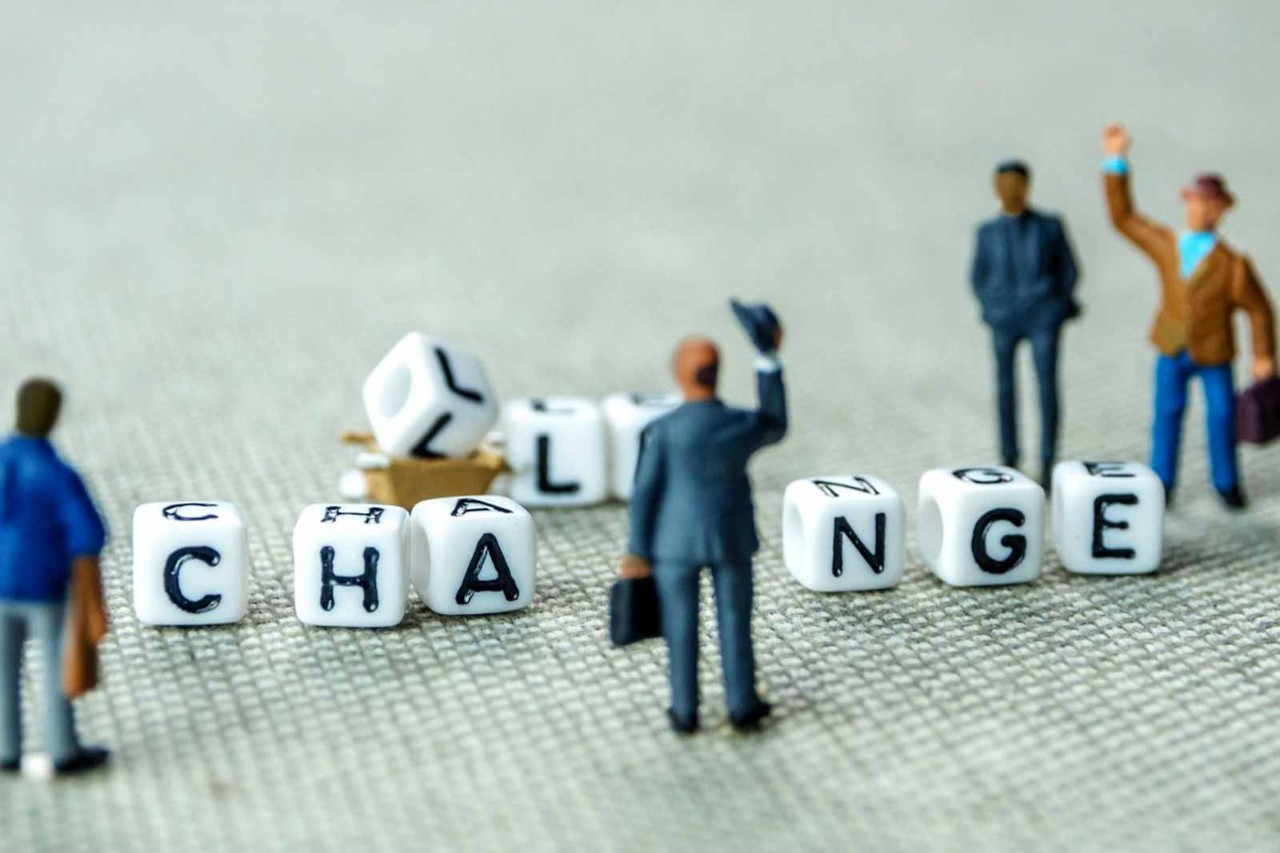
Nigerians have a way of summarising the toughest problems in short, wry, yet deeply meaningful statements, often in pidgin English. ‘This life no balance’ is one that, depending on context, can be an eloquent response to all manner of wrong, such as inequality, unfairness, bad luck or circumstances not being as they should. The phrase certainly crosses my mind when I consider that developing economies take a far smaller slice of GDP in tax revenue than do developed economies, even though the former need a higher tax-to-GDP share in order to finance the development that’s already taken place in the latter.
The statistics are unequivocal. According to OECD data for 2020, sub-Saharan Africa (SSA) had an average tax-to-GDP ratio of 16% compared with the OECD countries’ 34%. Most African countries fell within the 10%–20% range, with Tunisia and Nigeria as outliers, at 33% and 5.5%, respectively. Like Nigeria, DR Congo, Equatorial Guinea, Niger and Congo had tax-to-GDP ratios below 10% in that year.

22% of Nigerians see nothing wrong with tax evasion
So why do poor countries rake in so little in tax revenue? It seems to me that the answer is clear: because of the same factors that make them poor in the first place – the structure of their economies, the weakness of their institutions, and the dearth of transparency in government and the public sector.
Cultural antipathy
What is really important here is that the continent’s transparency deficit leads to a feeble sense of national identity and a greater readiness among citizens to evade tax. An IMF survey revealed that 46% of Nigerians would not pay tax if they thought they would not be caught, while 22% saw nothing wrong with tax evasion. It’s a cultural antipathy that is very much part of the tax-take problem.
Certainly, efforts are being made to the address it. Nigeria says its tax-to-GDP ratio in 2021 was 10.86%, which is a marked improvement on the 2020 figure even if still on the low side.
At 7.5% Nigeria’s VAT rate is the lowest in all Africa
The country is targeting a ratio of 18% in the next three years and has set up a committee to help deliver it. Headed by former PwC Africa tax leader Taiwo Oyedele FCCA, the committee is designing tax reforms. It has its work cut out. It must find a way to improve tax policies, reduce the exemptions that eat into tax revenues, make the tax collection infrastructure more efficient and begin to redirect the national tax disposition towards acquiescence and away from aversion.
The country’s indirect taxes, which presently have low bases, should be a focus for reform. At 7.5%, Nigeria’s VAT rate is the lowest in SSA, and the only sub-10% rate in all Africa. Another area crying out for change is Nigeria’s confusing web of taxes, as there is evidence that simpler tax systems are more efficient to collect and increase the tax take. The committee will also need to find ingenious ways to continue to expand the tax base if it is to hit that 18% tax-to-GDP figure.
Road to reform
It’s not just tax collection laggards like Nigeria that must take the reform road but also the average collectors such as Kenya. Kenya’s medium-term revenue strategy is to carry out a comprehensive reform of the tax system. The main objective is to raise the country’s tax-to-GDP ratio from 15% in 2021/22 to 25% by 2030, which also involves ratcheting up the compliance rate from 70% to 90% over the same period.
In line with these aspirations, the Kenya Revenue Authority (KRA) recently raised the tax rate on employee benefits (again), to 11%. To the consternation of workers, this tax has been on the rise since it moved from 7% in 2021 to 8% in Q2 2022. It is certainly a blow for workers, but it is just as integral to success in the country’s campaign to drive up the tax take.
To help with tax administration, KRA is also introducing an electronic tax invoice system and intends to integrate the tax and telecoms systems to expand the tax base, especially in the informal sector of the economy.
Ghana is another country engaged in reforms to try to drive up its tax-to-GDP ratio of 14% reported in Q2 2022. Its desperately needed reforms include a 2.5-point rise in VAT to 15% at the start of 2023, the introduction of a new income tax bracket of 35%, and a freeze on new tax waivers.
The people expected to pay taxes need to know they will be used in the best possible way
Tax up, corruption down
Almost all SSA countries with low tax-to-GDP ratios are engaged in some form of tax reform. This means that a generally higher tax environment is to be expected across the region, helping improve revenues in these countries and speeding up their march towards development.
However, these reforms can only be completely successful if African attitudes towards tax change. A general perception that tax revenues are frittered away by corrupt officials justifiably pervades the continent and presents a cultural impediment to higher tax revenues. Reforms aimed at raising tax revenues must be accompanied by reforms to drive down corruption and improve transparency around the use of public resources.
The people who are expected to pay these taxes must believe that the resources they hand over to government will be used in the best possible way. And that represents the greatest reform of all. It is one whose success will change the tax-revenue playing field for SSA. Failure, on the other hand, will leave the continent falling ever further behind in financing the development infrastructure it so badly needs, and continuing to merit the ‘This life no balance’ epithet.
More information
Read also ACCA president Joseph Owolabi’s recent column Tax as sustainability driver




